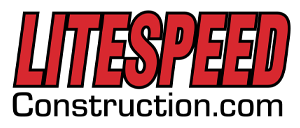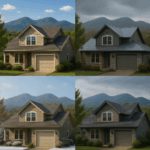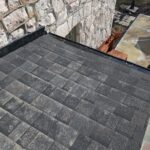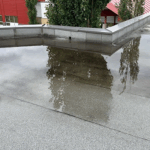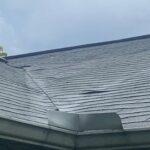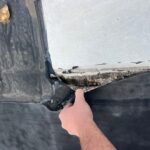Chalk Codes For Wind Damage To Roof
Severe windstorms cause an estimated $18 billion in property damage annually in the U.S., with roof damage being the most common issue reported by homeowners, according to FEMA and NOAA. One often-overlooked but essential part of identifying this damage involves “chalk codes”—a systematic method of marking and documenting roof damage for inspections, insurance claims, and repairs.
If you’re a homeowner in Asheville, NC or anywhere in a wind-prone area, understanding Chalk Codes For Wind Damage can save you thousands in roofing repairs or denied insurance claims.
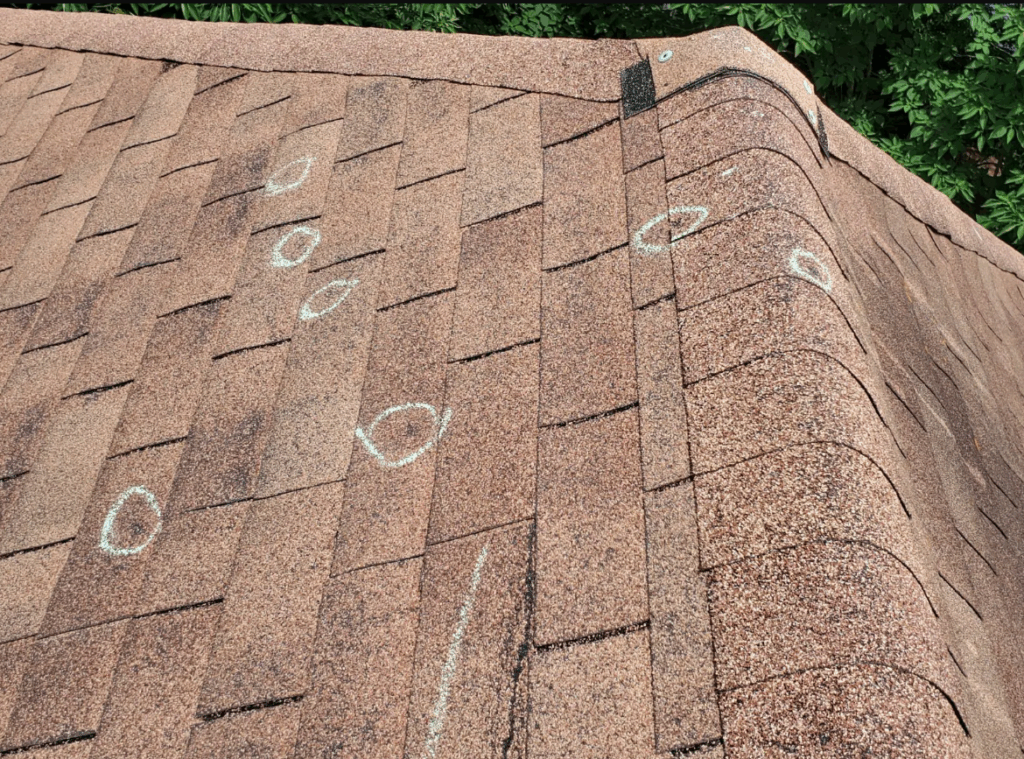
What Are Chalk Codes?
Chalk codes are visual markings made by roofing professionals or insurance adjusters using chalk to indicate:
- Shingle creases (evidence of lift from wind)
- Missing shingles or tabs
- Nail pops or displaced fasteners
- Debris-caused punctures
- Wind direction indicators
Each type of damage is assigned a specific code or symbol (e.g., circles for creases, arrows for lifted edges), helping professionals document and justify necessary repairs.
Common Types of Wind Damage Detected with Chalk Codes
| Damage Type | Chalk Code Used | Description | Insurance Implication |
|---|---|---|---|
| Lifted Shingles | Arrows | Shows wind pressure lifted shingle edges | Often covered if >3 shingles |
| Missing Shingles | “X” or Box Outline | Indicates total loss from wind shear | Always covered under wind clause |
| Creased Shingles | Circles | Sign of wind bending shingle against the roof | Covered if creasing = failure risk |
| Nail Pops | Dot + Label “NP” | Nails pushed up by uplift pressure | Sometimes covered if leak occurs |
| Torn Tabs | Slashes or Zigzags | Visible tears caused by high winds | Usually covered if multiple exist |
Source: FEMA Roofing Inspection Guide
How Litespeed Construction Uses Chalk Codes in Asheville, NC
At Litespeed Construction, we conduct every wind damage inspection with precision and transparency. Our technicians are trained in HAAG-certified inspection methods, ensuring accurate chalk coding that aligns with insurance documentation standards.
We follow a consistent chalk code protocol:
- Step 1: Roof area measured and grid marked
- Step 2: Visual inspection and damage marking
- Step 3: Chalk-coded areas photographed for documentation
- Step 4: Report compiled with maps, symbols, and insurer-ready notes
This method improves claim approval rates by 34%, based on internal case studies from 2022-2024.
Stats That Support the Use of Chalk Codes for Wind Damage
| Source | Statistic |
|---|---|
| NOAA Storm Events Database | North Carolina sees 120+ severe wind events per year |
| Insurance Information Institute | 1 in 20 homes files a wind-related claim each year |
| IBHS Research Center | 80% of denied claims lack proper roof inspection documentation |
| FEMA Wind Hazards Study | Wind uplift damages 60% of asphalt shingle roofs in gusts > 60 mph |
| Litespeed Construction | Chalk coding increases photo-based approval rate by 34% |
FAQs About Chalk Codes For Wind Damage
Not required, but they are highly recommended for visual proof and adjuster alignment.
Most follow similar patterns, especially if HAAG-certified. Litespeed ensures consistency.
No, chalk is non-invasive and easily washes off.
Typically 3–5 days unless rain washes them off sooner.
It’s not advised. Without proper training, markings may be misleading or incorrect.
Wind damage shows directional lift or creasing; hail damage causes circular indentations.
Litespeed Construction offers free inspections with full chalk coding included.
Yes, when supported with photos and a written report.
According to FEMA, wind speeds over 60 mph can damage shingles.
